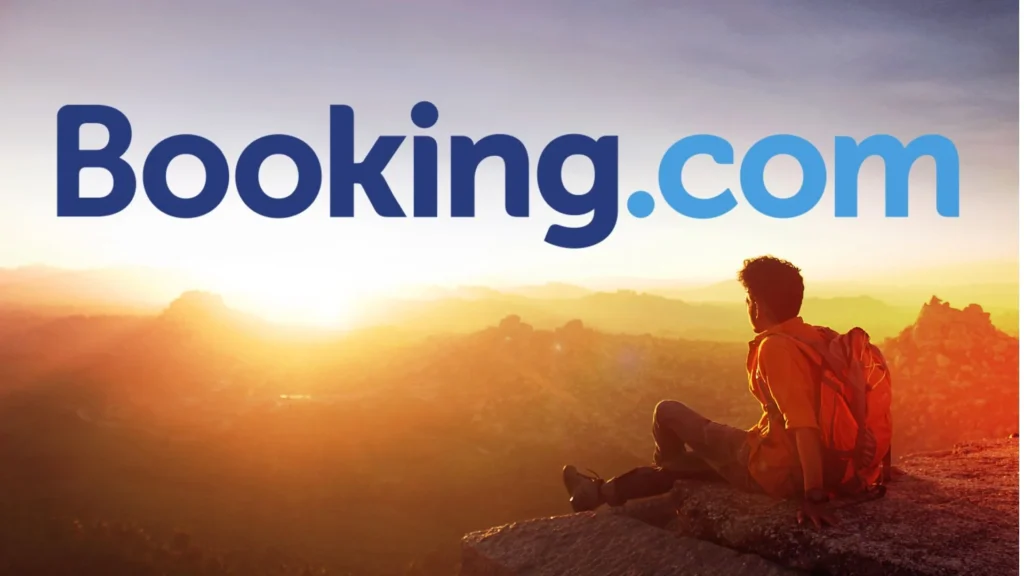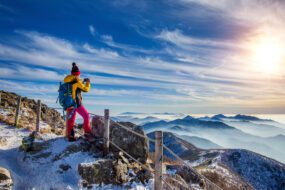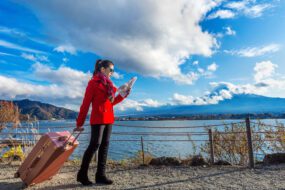
There’s something uniquely transformative about solo travel. It’s more than just packing a bag and heading off into the unknown—it’s about embarking on a journey that redefines your relationship with the world and yourself. In an age where connection is instant and distractions are constant, choosing to travel alone can seem radical. But for many, it becomes one of the most rewarding experiences of their lives.
Whether you’re chasing adventure, seeking clarity, or simply yearning for a break from the routine, solo travel offers a space for deep personal growth. It’s about freedom, independence, vulnerability, and, ultimately, self-discovery.
The Power of Independence
Traveling solo means you are in charge—of the itinerary, the pace, and the purpose. You can linger in museums for hours, sleep in late, rise at dawn to watch the sun rise from a mountain peak, or change your plans at the last minute. This freedom is a core part of what makes solo travel so empowering.
Without the need to accommodate others’ preferences, you begin to tune into your own desires. What do you truly enjoy? How do you want to spend your time? These questions become easier to answer as you spend time alone on the road. Independent travel is a practice in decision-making, flexibility, and learning to trust yourself.
Over time, this independence seeps into other areas of life. You become more confident in your choices, more assertive about your needs, and more comfortable in your own company.
Facing the Unknown
Let’s be honest—solo travel can be intimidating at first. The idea of arriving in a foreign country alone, navigating unfamiliar languages and customs, and finding your way without backup can feel overwhelming. But it’s in those exact moments of discomfort that the magic happens.
You learn to ask questions, to trust strangers, and to adapt. You might make mistakes—miss a train, get lost in a city, or order a dish you didn’t expect—but each misstep becomes part of the adventure. These moments teach resilience. You begin to see challenges not as roadblocks but as stepping stones.
And the unknown slowly becomes less scary. In fact, it starts to become exhilarating. You gain the confidence to step into new spaces, meet new people, and embrace the unplanned.
Building Connections
One of the misconceptions about solo travel is that it’s lonely. While it’s true that you’ll spend more time alone, solo travel often opens the door to richer, more meaningful connections with others. When you’re traveling with friends or family, it’s easy to stay within your comfort bubble. Alone, you’re more approachable—and more likely to reach out.
You might strike up a conversation with someone at a café, bond with fellow travelers in a hostel, or be invited to a local family’s dinner. These interactions can be brief but profound, offering new perspectives and creating memories that last a lifetime.
Solo travelers often find themselves more present, more observant, and more open to the world around them. That openness is magnetic. People are drawn to it.
Learning About Yourself
More than the places you see, the most profound aspect of solo travel is who you become along the way. Being on your own for extended periods forces introspection. There’s no one to distract you from your thoughts or emotions. You’re left with yourself—and that can be a powerful mirror.
You start to notice patterns. How do you react to stress? What brings you joy? What are you running from, and what are you chasing? Travel becomes a form of therapy, peeling back layers to reveal your truest self.
Solo travel also helps you redefine your limits. Many people discover they are far more capable than they imagined. Whether it’s hiking through remote landscapes, navigating big cities, or dealing with unexpected situations, each experience chips away at self-doubt.
Letting Go of Expectations
When you travel with others, there’s often a shared agenda—a need to meet certain expectations, follow schedules, or compromise. Alone, you are free to let go of all that. You can change your mind at the last minute, skip the tourist attractions, or spend an entire afternoon doing absolutely nothing.
There’s a deep sense of peace in not having to perform for anyone. You don’t need to explain your choices or justify your decisions. You’re free to be spontaneous, to follow your curiosity, and to live in the moment.
This kind of freedom is rare—and deeply nourishing.
Cultivating Mindfulness
Solo travel has a way of making you more mindful. Without the constant chatter of familiar voices or the distractions of everyday routines, your senses sharpen. You start to notice the way light filters through a window, the smell of street food in a bustling market, the sound of waves crashing at night.
Each experience becomes more vivid. You eat slower, walk with intention, and pay attention to the little details. In many ways, traveling alone becomes a meditation. You’re fully immersed in the now.
This presence creates space for gratitude. The more you notice, the more you appreciate. From a warm cup of tea in a mountain village to a stranger’s smile, solo travel reminds you of the beauty in simplicity.
Discovering Strength in Vulnerability
There’s a certain vulnerability that comes with being alone in a new place. You don’t have a friend to lean on when things go wrong or to share the load when you’re tired. But vulnerability isn’t weakness—it’s a path to growth.
When you let yourself be vulnerable, you become more authentic. You ask for help when you need it. You admit when you’re scared. And in doing so, you connect more deeply—with others, and with yourself.
Solo travel teaches you that it’s okay not to have all the answers. It’s okay to feel lost, to be uncertain, and to embrace the messiness of the journey. In fact, that’s where the real transformation begins.
Practical Tips for First-Time Solo Travelers
If you’re considering solo travel for the first time, here are a few practical tips to help you feel more confident and prepared:
- Start Small: If international travel feels overwhelming, begin with a weekend trip to a nearby city or a solo hiking adventure. Get comfortable with your own company.
- Research Ahead: While spontaneity is great, having a basic understanding of where you’re going—cultural norms, safety tips, and transportation—can ease anxiety.
- Stay Connected: Let someone know your itinerary and check in regularly, especially if you’re in remote areas.
- Pack Light: You’ll be the only one carrying your bags. Prioritize essentials and choose a backpack or suitcase that’s manageable.
- Trust Your Gut: If something doesn’t feel right—whether it’s a place, a person, or a situation—listen to your instincts.
- Stay Open-Minded: Be ready to meet new people, try new things, and let go of rigid plans.
- Keep a Journal: Writing down your experiences, feelings, and thoughts can help process the journey and create lasting memories.
The Evolution of the Solo Traveler
Over time, solo travelers often develop a rhythm. The initial fears fade. The unfamiliar becomes familiar. You get better at navigating cities, finding hidden gems, and connecting with locals. You start to understand your travel style—do you thrive in cities or nature? Do you like luxury or simplicity?
More importantly, you begin to notice changes in yourself. You become more patient, adaptable, and resilient. You become someone who knows how to sit with discomfort, how to find joy in solitude, and how to be present in every moment.
Solo travel isn’t about running away—it’s about running toward. Toward clarity, peace, purpose, and freedom.
A Journey With No Final Destination
Self-discovery doesn’t have a final destination. It’s a lifelong journey, and solo travel is one of the many ways to explore it. Each trip adds another layer to your understanding of yourself and the world. Each challenge reveals a new strength. Each conversation offers a new perspective.
You come home with more than souvenirs—you return with stories, insights, and a deeper connection to yourself.
So if you’ve ever felt the pull to travel alone, listen to it. Take the leap. Embrace the unknown. Step into your power.
Because somewhere out there—in a mountain trail, a hidden café, or a quiet sunset—is a version of you waiting to be discovered.























